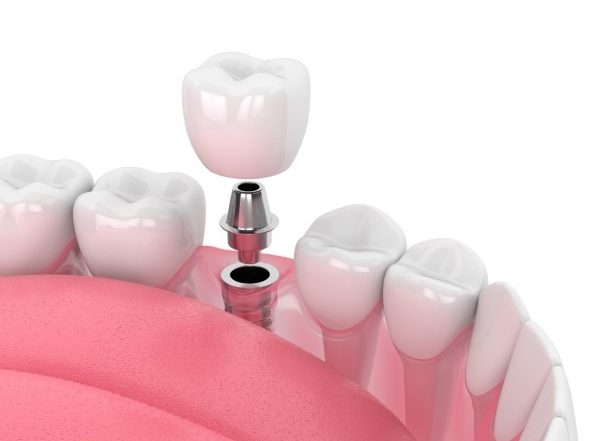
The TMJ (Temporomandibular Joint) is a very important joint because it’s the joint that connects the lower jaw and temporal bone (the bone on the side of the skull). The TMJ helps with jaw movement and allows one to speak, chew, and yawn. Problems with your jaw and the muscles around it are known as TMD (Temporomandibular Disorders). Although the cause of TMD is not certain, many dentists identify the following as symptoms:
- Pain in the jaw, face, and/or ear area
- A clicking or popping sound while opening or closing the mouth
- Jaw muscle tenderness
- Change in the way the upper and lower teeth align
- Jaws lock into an open or closed position
- Pain while chewing or yawning
Some self-care strategies to help ease symptoms include avoiding harder foods, using ice packs, avoiding major jaw movements (e.g. big yawns, chewing gum, etc.), and relaxing jaw muscles. Other things that you could consider as well are painkillers, Botox®, stabilization splints, and/or surgery. If you think you could have any of the symptoms of TMD, you cman always contact your dentist for more information!



